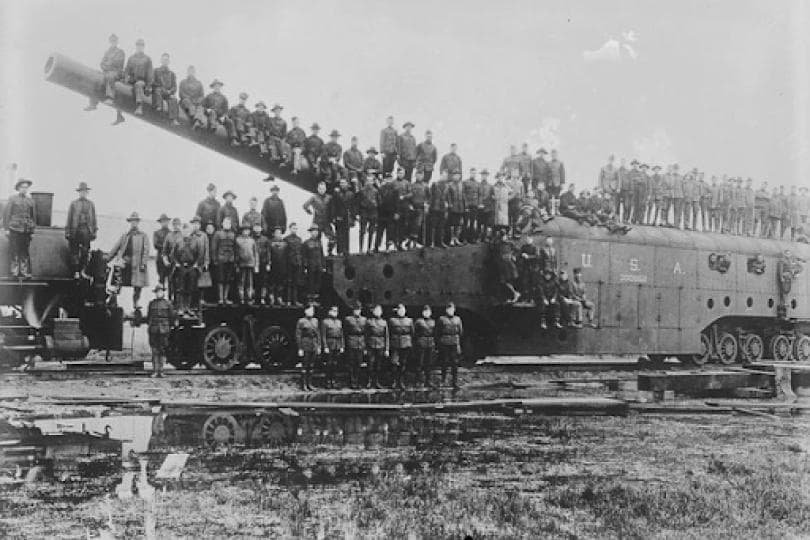The Role Of Railways In Warfare

For centuries, military strategy has been dominated by discussions of weaponry, tactics, and troop movements, but one often overlooked aspect is the role of railways in shaping the nature of warfare. From the Crimean War to the Korean War, railways decisively shaped the nature of warfare. Before the advent of railways, battles were typically short-lived affairs, limited by the logistical constraints of moving large armies and supplies by horse-drawn wagons. However, railways made the potential for prolonged and large-scale warfare become a reality.
The Battle of Waterloo in 1815, the last significant conflict of the pre-railway age lasted just a single day. In contrast, the Battle of Verdun in 1916 spanned most of the year with 30 times the casualty rate at Waterloo because railways enabled armies to be continuously supplied and refreshed, leading to longer and bloodier conflicts.
The American Civil War of 1861 to 1865 stands out as the first major conflict recognising railways as an integral part of the supply chain. Herman Haupt, a railway expert of the era, figured that a single-track line could support an army of 200,000 men if operated efficiently.
Throughout the 19th century, railways were instrumental in conflicts like the Franco-Prussian War and the Second Boer War, but it was during the First World War that their pivotal role was truly evident. With underdeveloped road transport and nascent aviation, railways became the backbone of logistics on the Western Front.
Even in the more mechanised Second World War, railways remained vital as the German advance on Russia was hampered by inadequate rail support whereas the Allies’ push into Germany was delayed by the need to rebuild the sabotaged French railway network. Despite their pivotal role in shaping history, the significance of railways in warfare has often been overlooked.
Lloyd George, British PM during much of the war, lamented the oversight of war logistics despite its critical role, noting that John Buchan’s ‘History Of The War’ dedicated 60 pages to the Battle of Somme but only 17 lines to logistical efforts enabling the army to fight. However, as warfare evolved with more sophisticated weaponry and tactics, the era of railways as engines of war came to an end.


































